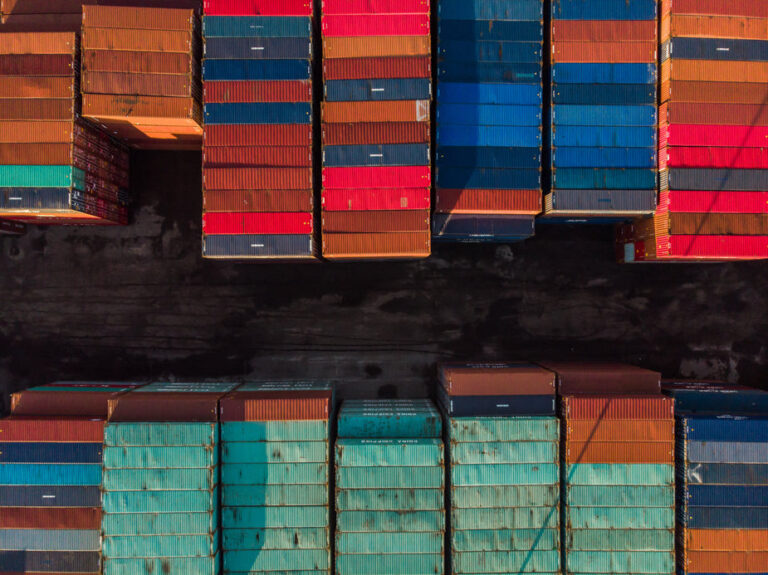In a fast-moving global economy, trust is the currency that underpins every successful trade. For Australian businesses navigating the complexities of international and domestic transactions, an irrevocable letter of credit (ILOC) has become an essential tool. As we enter 2025, policy changes and digitalisation are amplifying the role of ILOCs in safeguarding payments and fostering business confidence. Here’s what you need to know about how these financial instruments are evolving and why they’re more critical than ever.
What Is an Irrevocable Letter of Credit and Why Does It Matter in 2025?
An irrevocable letter of credit is a binding financial guarantee issued by a bank on behalf of a buyer, promising payment to the seller once specific terms are met. Unlike revocable credits, ILOCs cannot be altered or cancelled without the consent of all parties, making them a gold standard for secure trade agreements.
- Legal Certainty: Once issued, the bank is obligated to pay as long as documentary conditions are satisfied.
- Risk Mitigation: Sellers gain peace of mind knowing payment is backed by a reputable bank, not just the buyer’s promise.
- Global Acceptance: ILOCs are recognised and enforced under the Uniform Customs and Practice for Documentary Credits (UCP 600), which most Australian banks follow.
In 2025, with ongoing global supply chain disruptions and tighter regulatory scrutiny, businesses are increasingly turning to ILOCs to protect cash flow and ensure contractual obligations are met.
2025 Policy Updates and Digitalisation: A New Era for ILOCs
This year has brought notable changes to how irrevocable letters of credit are handled in Australia:
- Australian Prudential Regulation Authority (APRA) Updates: New guidelines in 2025 require banks to enhance due diligence on cross-border transactions, making ILOC issuance even more robust.
- Digital Transformation: The widespread adoption of eUCP (Electronic Uniform Customs and Practice) means that electronic documents are now standard. This reduces processing times from days to hours, slashing administrative costs and errors.
- Environmental, Social, and Governance (ESG) Integration: Banks are now factoring ESG criteria into credit assessments, with some offering incentives for green trade finance solutions, including ILOCs.
For example, a Queensland-based agricultural exporter recently secured an ILOC from a major bank using fully digital documentation, allowing them to close a multimillion-dollar deal with a European buyer in under 48 hours—an efficiency leap from the paper-based processes of the past.
Practical Applications: How Australian Businesses Are Leveraging ILOCs in 2025
Irrevocable letters of credit are not just for multinational corporations. SMEs, startups, and even individual entrepreneurs are finding value in these instruments for a variety of use cases:
- Import/Export: Ensuring payment for goods shipped overseas, particularly in volatile markets where trust is paramount.
- Construction & Infrastructure: Securing performance guarantees for projects, where missed payments or disputes can jeopardise entire ventures.
- Service Contracts: Protecting payments for consulting, IT, and creative services where deliverables may be intangible.
Case in point: An Australian mining equipment supplier recently used an ILOC to secure a $5 million contract with a South African partner, overcoming concerns about political instability and currency risk. The ILOC assured both parties that payment would only be made upon delivery of goods and verified documentation, eliminating the need for upfront deposits or trust-based arrangements.
What to Watch: Costs, Compliance, and Choosing the Right Bank
While the benefits are clear, there are several factors businesses should weigh before opting for an ILOC:
- Costs: Banks charge fees based on the value and duration of the ILOC, plus additional charges for amendments or document discrepancies. In 2025, expect digital processing to reduce some admin fees, but core charges remain significant.
- Compliance: With stricter anti-money laundering (AML) and know-your-customer (KYC) rules in place, banks require comprehensive documentation and may scrutinise transactions more closely than ever.
- Bank Reputation: Not all banks are created equal. Choose a provider with a strong track record in international trade finance and digital capabilities.
For businesses new to ILOCs, working with a finance broker or trade adviser can help navigate the process and negotiate the best terms, especially as banks continue to refine their risk models in response to 2025’s economic shifts.
The Bottom Line: Irrevocable Letters of Credit as a Strategic Asset
In 2025, an irrevocable letter of credit is more than just a payment guarantee—it’s a strategic asset for Australian businesses looking to grow with confidence, secure their supply chains, and tap into new markets. As digital innovation and policy changes reshape the landscape, now is the time to explore how ILOCs can support your trade ambitions and protect your bottom line.


